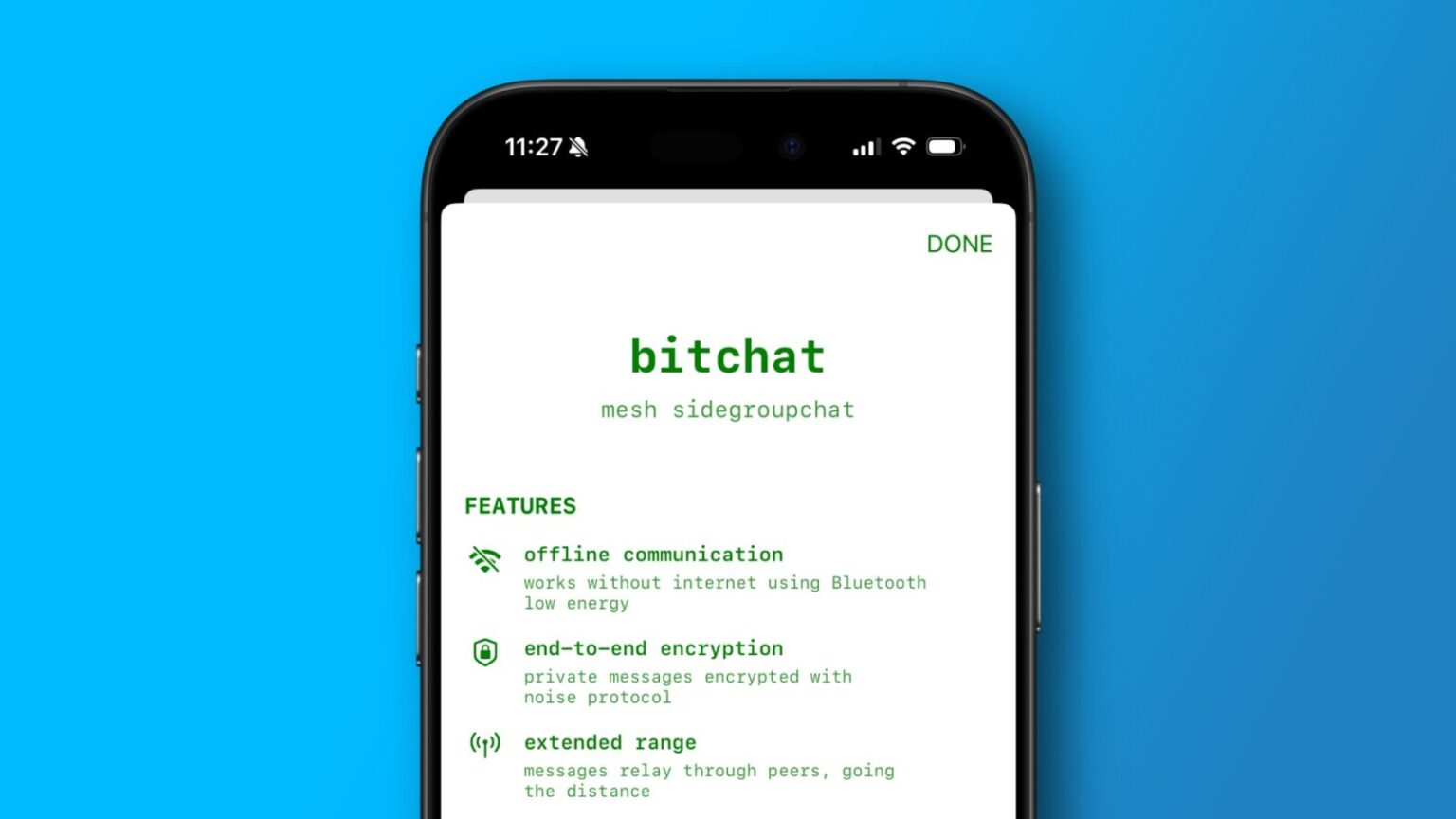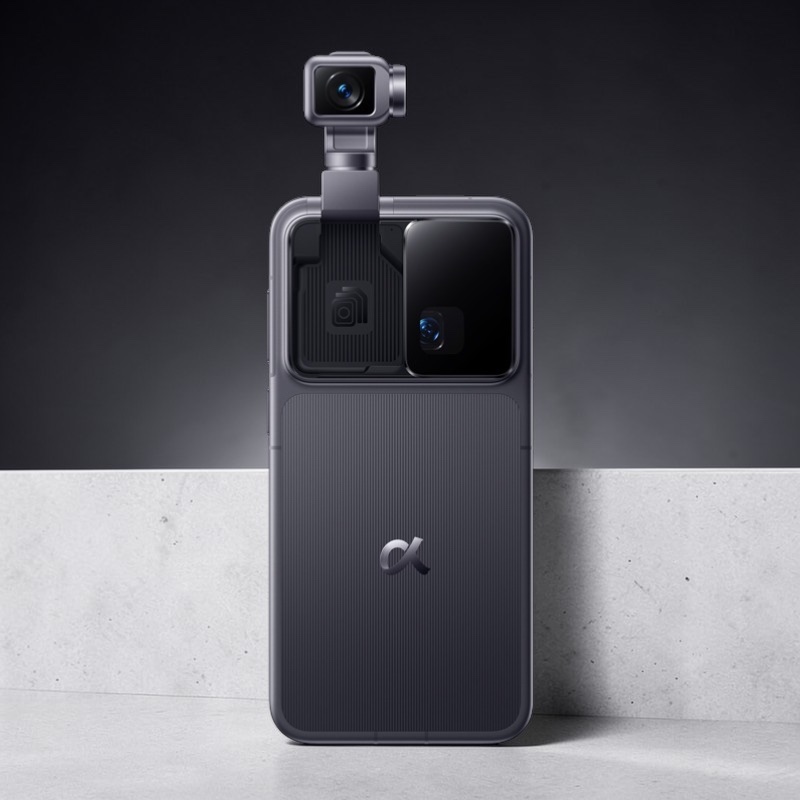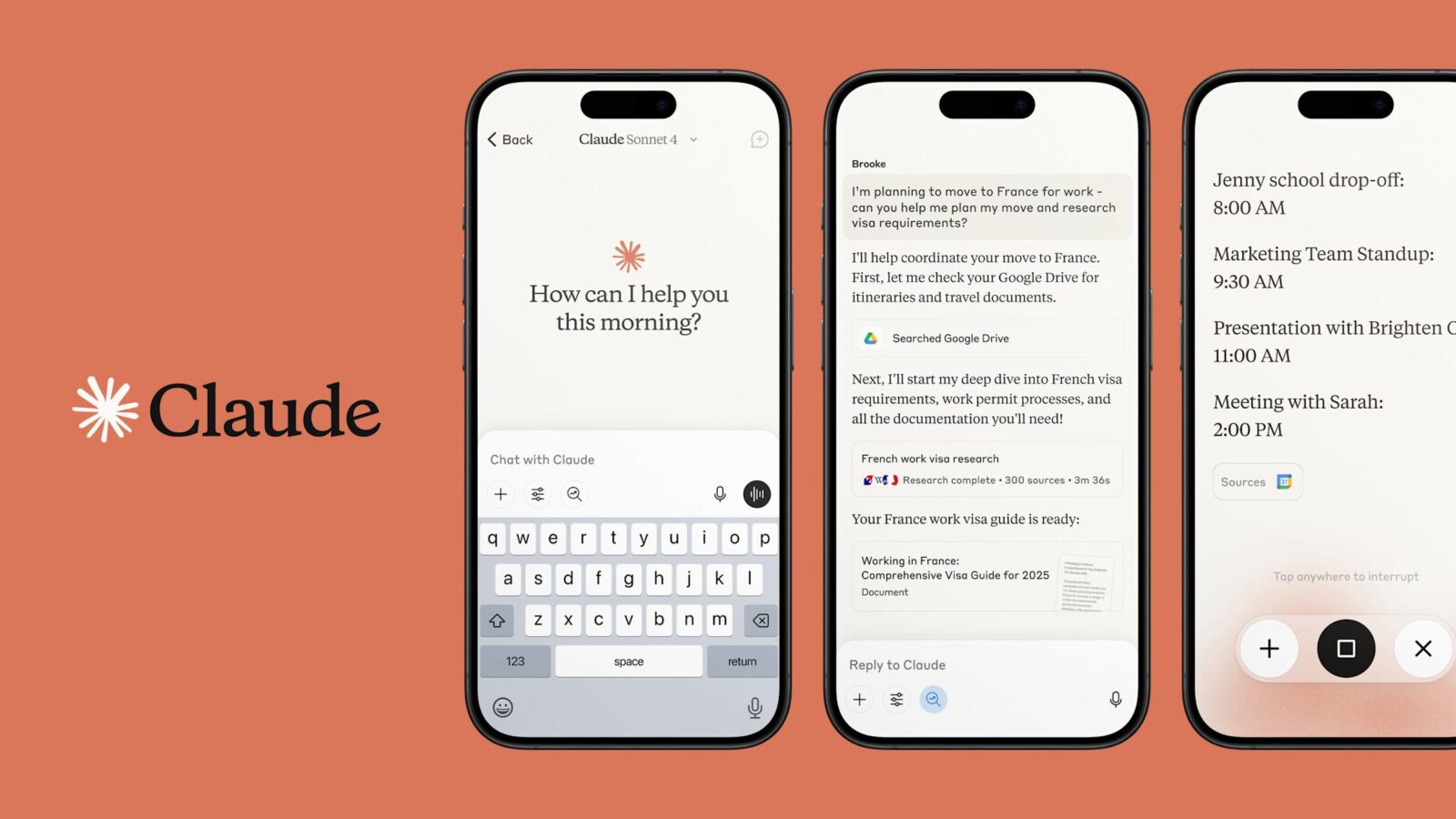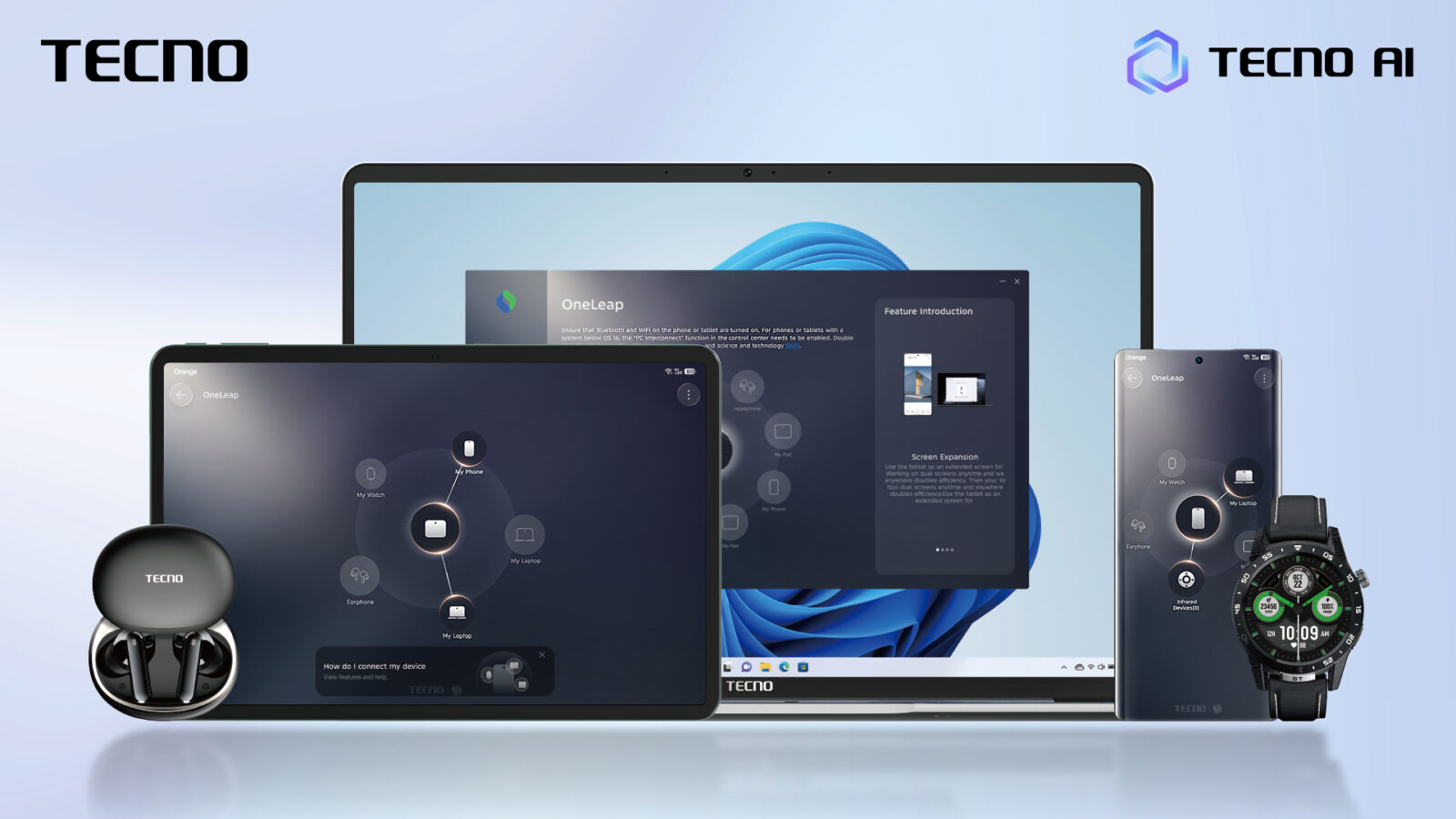Bitchat, a Bluetooth-based messaging app developed by Twitter and Block co-founder Jack Dorsey, is now available for download on Apple’s App Store. Dorsey says he built the core of the app in early July, coding its foundation over the course of a weekend.
The app uses Bluetooth mesh networking, allowing users to send messages to others within roughly 100 meters without requiring mobile data or Wi-Fi. There is no login process — upon opening the app, users are taken directly to a chat screen where they can view nearby messages and set a display name, which can be changed at any time.
While Dorsey’s involvement has brought attention to Bitchat, Bluetooth-powered messaging apps are not new. Similar tools, such as Bridgefy, have found niche popularity in situations where traditional networks are unavailable, including music festivals, natural disasters, and politically sensitive environments. Bridgefy, for example, was used during pro-democracy protests in Hong Kong due to its ability to operate offline and evade certain forms of surveillance.
Bitchat has been promoted as a private and secure communication tool, but its security is already under scrutiny. Researcher Alex Radocea highlighted that the app makes it easy to impersonate other users, raising doubts about its privacy claims. Radocea noted that while the app may have the right “vibes,” its underlying protocol could contain critical flaws. Dorsey has acknowledged that Bitchat has not undergone an independent security audit, meaning vulnerabilities may still exist.
The impersonation problem extends beyond the app’s internal functions. While Bitchat is officially available on iOS and as a GitHub download for Android, the Google Play store contains several unrelated apps using the Bitchat name. These counterfeit apps have already attracted thousands of downloads, posing a risk to unsuspecting users. Dorsey has not directly addressed the issue but reposted a warning stating that Bitchat is not yet available on Google Play and urging users to be cautious.
Bitchat’s minimalist, offline-first approach gives it a unique position in the messaging landscape, but its long-term adoption may depend on resolving its security shortcomings and protecting its brand from imitators.







